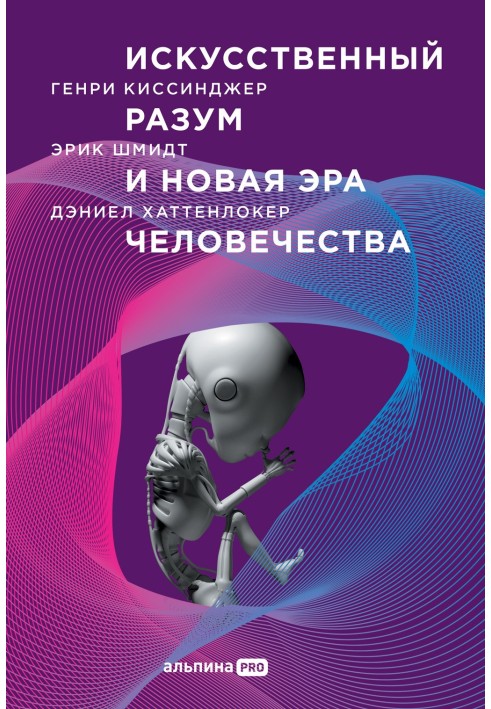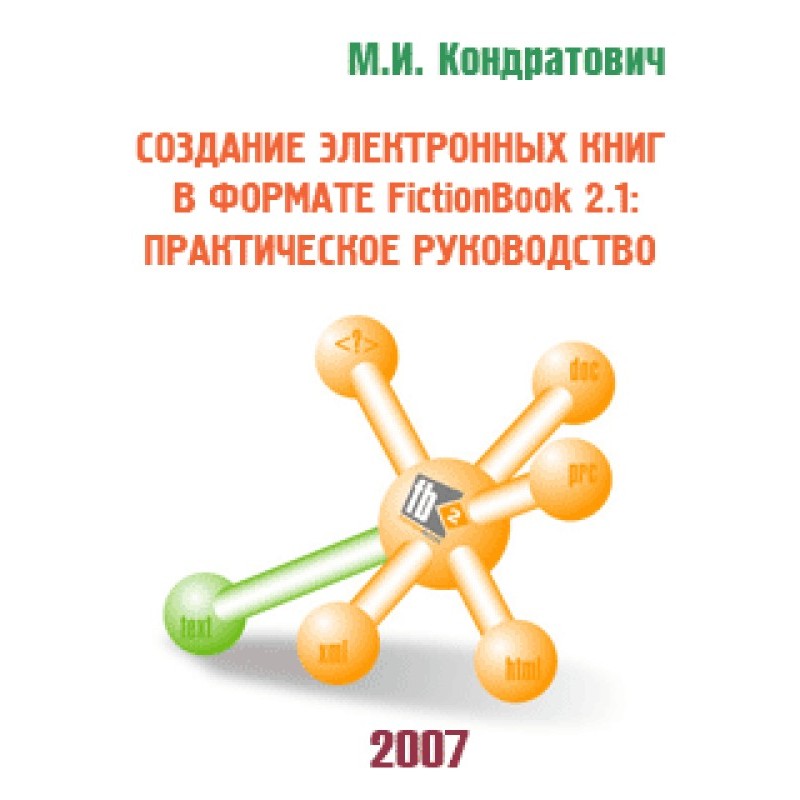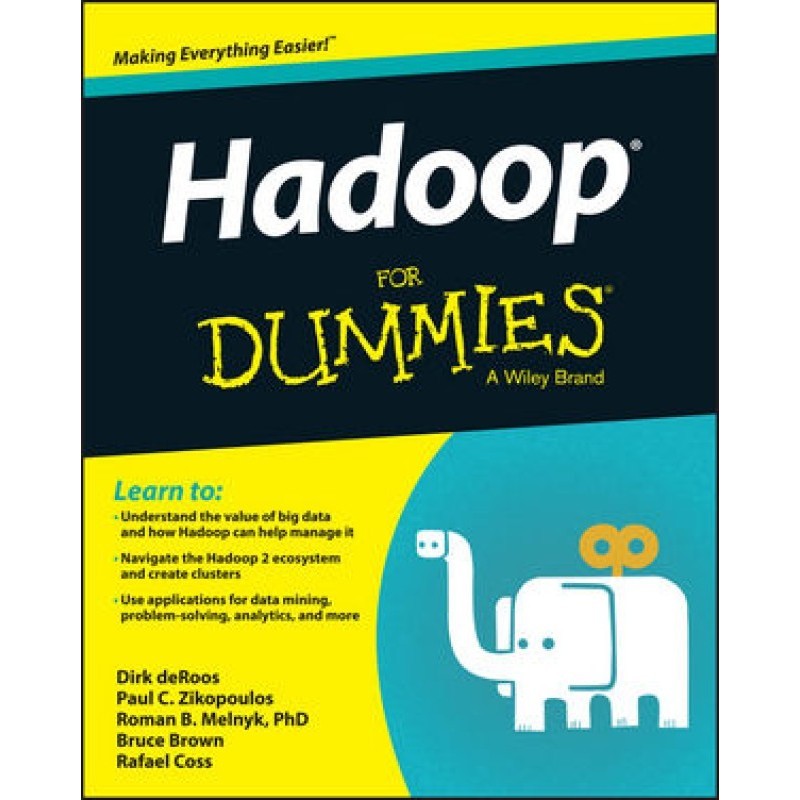Artificial intelligence and a new era of humanity
 Instant download
Instant download
after payment (24/7)
 Wide range of formats
Wide range of formats
(for all gadgets)
 Full book
Full book
(including for Apple and Android)
In 2017, the AlphaZero neural network became the best chess player. Knowing only the rules of the game, she was able to develop unique winning tactics in just 4 hours. Three years later, an artificial intelligence program at the Massachusetts Institute of Technology was able to solve a more difficult problem - developing a new type of antibiotic, halicin. It is capable of destroying bacteria that are resistant to all other drugs. Software training penetrates into all spheres of life: it is used in the transport industry, medicine, trade, finance, law enforcement and other areas. Neural networks can quickly come up with ideas and innovations that would take humans decades, if not a lifetime, to develop. Scientists hope that thanks to AI we will be able to solve global problems: find cures for deadly diseases, cope with hunger and low levels of education in certain regions, and safely explore the oceans and space. But the use of artificial intelligence can also have negative consequences, because many processes in its work remain incomprehensible to humans. The authors of this book have collected discussions about the opportunities and problems associated with the emergence of AI. They explain the radical changes that could occur in our history, understanding of the world and our role in it, and help us understand the impact of AI on the future of our society. Why Read • Understand how machine learning works; Learn what a future in which people collaborate with intelligent machines;• prepare for the potential dangers that may arise due to the misuse of AI;• understand how security and world order are being transformed. You will learn• what social, political, philosophical and ethical problems will arise for humanity in connection with the spread of AI; • how AI will influence international relations and the development of the defense industry; • what a war using AI will look like; • how the generation of “AI natives” will differ from modern people. For whom For philosophers, politicians, sociologists, public figures, engineers and everyone interested in the development of artificial intelligence.
Data sheet
- Name of the Author
- Генри Киссинджер
Дэниел Хаттенлокер
Эрик Шмидт - Language
- Russian
- Translator
- Камилл Спартакович Ахметов
Reviews
Занадто технічна для загального читача
На жаль, книга виявилася занадто технічною для мене. Хоча в ній є багато цікавих фактів про штучний інтелект і його досягнення, я відчував, що деякі розділи написані складною мовою, що ускладнює сприйняття. Я сподівався на більш доступне пояснення концепцій, які могли б зацікавити ширшу аудиторію. Проте, якщо ви є фахівцем у цій галузі, ця книга може стати для вас корисним джерелом інформації. Для загального читача, на жаль, вона може виявитися важкою
Відмінний ресурс для розуміння ІІ
Ця книга стала для мене відмінним ресурсом для розуміння штучного інтелекту та його потенційного впливу на наше суспільство. Автори вдало поєднали наукові факти з практичними прикладами, що робить матеріал легким для сприйняття. Я особливо ціную їхній підхід до обговорення етичних аспектів використання ІІ та можливих наслідків для майбутніх поколінь. Книга спонукає до роздумів і обговорень, що є дуже важливим у наш час. Рекомендую всім, хто хоче бути в курсі технологічних змін і їхнього впливу на наше життя.
Вражаюче дослідження майбутнього
Ця книга стала для мене справжнім відкриттям у світі штучного інтелекту. Автори детально аналізують досягнення нейронних мереж, таких як AlphaZero, та їхній вплив на різні сфери життя. Я був вражений, дізнавшись, як штучний інтелект може допомогти у розробці нових ліків і вирішенні глобальних проблем, таких як голод та хвороби. Книга не лише розкриває потенціал ІІ, але й піднімає важливі питання про етику та безпеку. Вона змусила мене задуматися про те, як ми можемо співпрацювати з розумними машинами, щоб створити краще майбутнє. Рекомендую всім, хто цікавиться технологіями та їхнім впливом на суспільство!
Не зовсім те, що очікував
Книга, на жаль, не виправдала моїх очікувань. Я сподівався на більш практичні поради щодо використання штучного інтелекту в повсякденному житті, але натомість отримав теоретичний аналіз. Хоча інформація була цікавою, я відчував, що вона недостатньо практична для звичайного читача. Можливо, ця книга більше підійде професіоналам у галузі, але для мене, як для звичайного читача, вона не стала корисною. Я б хотів бачити більше прикладів та реальних застосувань ІІ.
Надзвичайно актуальна тема
Ця книга піднімає дуже важливі питання про штучний інтелект і його вплив на наше життя. Я був вражений, як автори змогли зібрати різні аспекти використання ІІ у медицині, транспорті та інших сферах. Вони не лише описують позитивні сторони, але й звертають увагу на потенційні ризики, що робить цю книгу збалансованою. Я особливо ціную розділи, присвячені етиці та безпеці, оскільки це питання, яке потребує серйозної уваги. Книга змусила мене замислитися про те, як ми можемо використовувати ІІ на благо людства. Рекомендую всім, хто хоче зрозуміти, як технології змінюють наше життя.



























